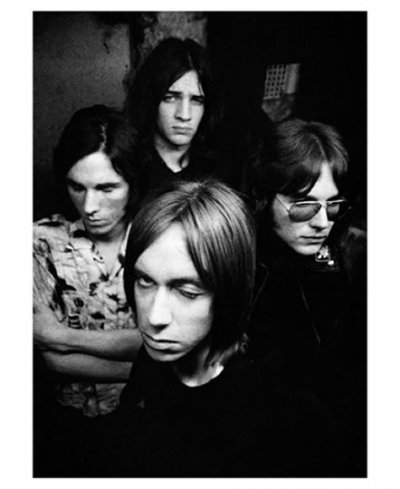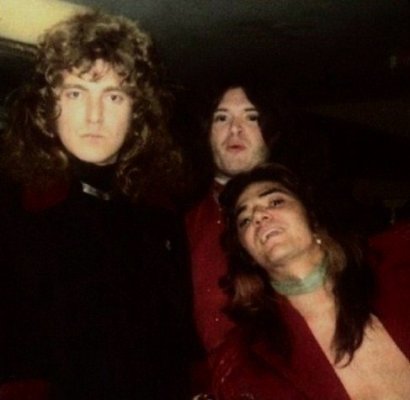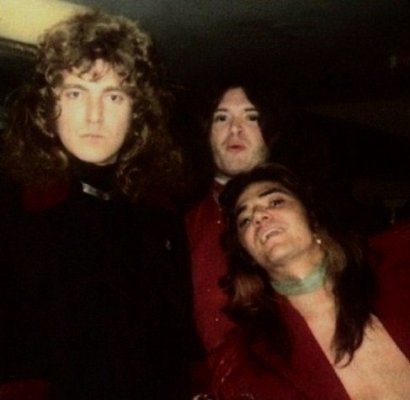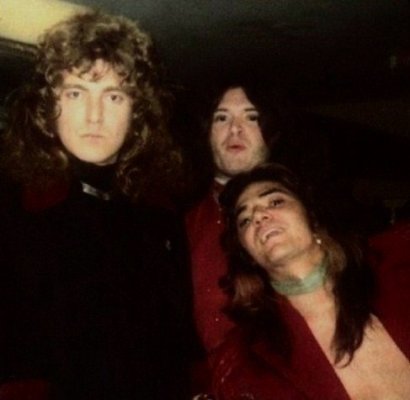aeroplane
In Urgent Need of Advice
- Joined
- Jan 30, 2010
- Posts
- 1,842
- Reaction score
- 0
I'm not sure what I am going to get here for replies, but I'll try to explain what I am looking for.
One definition of the term revisionist history that you will find on the web (via Wikipedia) is as follows:
"the illegitimate distortion of the historical record such that certain events appear in a more or less favourable light."
I'm looking for any and all examples that you have seen of this in rock and roll, in general. Feel free to branch out a little with your artists or ideas, you can include well-documented examples if you like or just give us opinions of what you've seen and think.
Examples?
-Older musicians, over time, being made out to be significantly better or worse performers than they really are.
-Band lineups or records that were once reviled but now are purported to be the zenith of that band's work.
-In contrast, band lineups or records that were once very well-received but nowadays are purported as having ruined that band to a lot of people.
-Anything behind the scenes tied in to band formations, break-ups, reunions or infighting.
What I'm not really looking for is myths or urban legends. Again, I'd like to see facts that were once set in stone which are now being distorted, skewed, changed, etc.
Counting on a few of of our bigwigs here to set a high bar and lead by example
One definition of the term revisionist history that you will find on the web (via Wikipedia) is as follows:
"the illegitimate distortion of the historical record such that certain events appear in a more or less favourable light."
I'm looking for any and all examples that you have seen of this in rock and roll, in general. Feel free to branch out a little with your artists or ideas, you can include well-documented examples if you like or just give us opinions of what you've seen and think.
Examples?
-Older musicians, over time, being made out to be significantly better or worse performers than they really are.
-Band lineups or records that were once reviled but now are purported to be the zenith of that band's work.
-In contrast, band lineups or records that were once very well-received but nowadays are purported as having ruined that band to a lot of people.
-Anything behind the scenes tied in to band formations, break-ups, reunions or infighting.
What I'm not really looking for is myths or urban legends. Again, I'd like to see facts that were once set in stone which are now being distorted, skewed, changed, etc.
Counting on a few of of our bigwigs here to set a high bar and lead by example









 When I saw this promo blurb for Styx, appearing soon at a local venue, “revisionist history” was a term that popped into my head …
When I saw this promo blurb for Styx, appearing soon at a local venue, “revisionist history” was a term that popped into my head … 